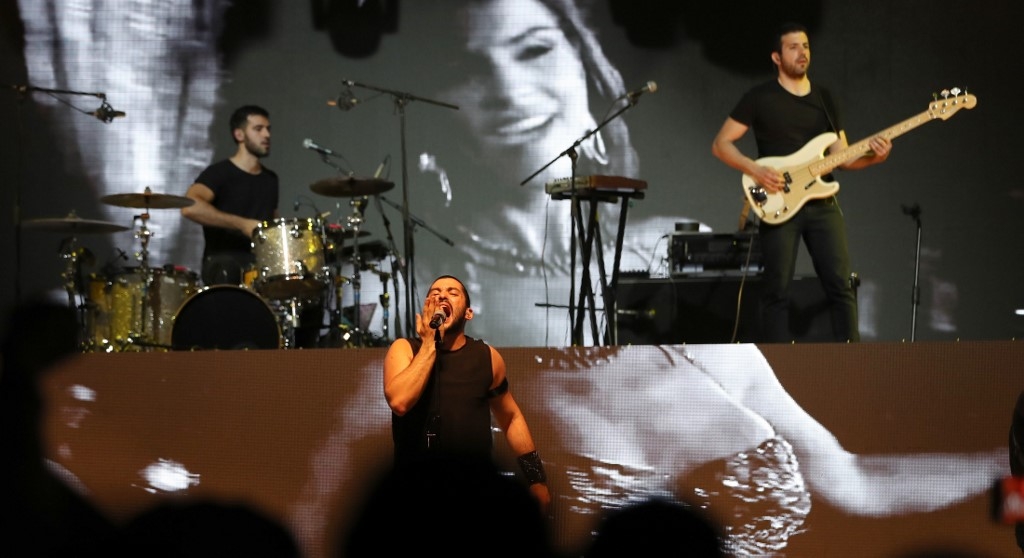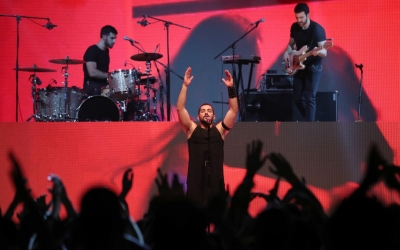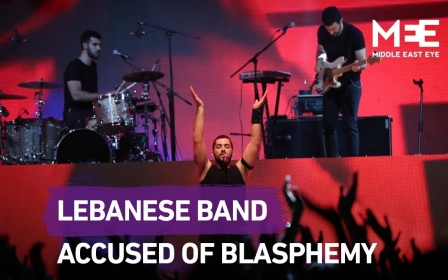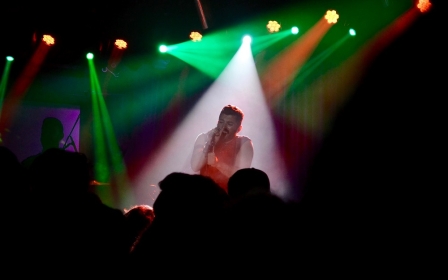Qatar Foundation challenges university's reason pro-LGBTQ band event cancelled

Northwestern University's non-profit partner in Qatar rejected the university's explanation for cancelling an event featuring a Lebanese rock band whose lead singer is openly gay.
Members of the group Mashrou' Leila were expected to speak at an event in Doha earlier this week entitled: "Language and the Rhythm of the Street".
However, Northwestern University in Qatar issued a statement saying that the event had been cancelled "due to several factors, including safety concerns for the band and our community".
On Wednesday, the university's local partner, the Qatar Foundation (QF), challenged Northwestern's concerns over safety, with a spokesman implying that the event was axed because it did not comply with Qatari laws and culture.
"We place the utmost importance on the safety of our community and currently do not have any safety or security concerns," a QF spokesman told Reuters.
"We also place the very highest value on academic freedom and the open exchange of knowledge, ideas and points of view in the context of Qatari laws as well as the country’s cultural and social customs.
"This particular event was cancelled due to the fact that it patently did not correlate with this context," the spokesman added.
Before the event was scheduled to take place, several prominent Qatari social media users had taken to Twitter to contest the band's appearance, denouncing it as contradictory to the country's values.
The university said in its statement that the event had instead been rescheduled to take place at Northwestern's main campus in Evanston, Illinois.
MEE reached out to both Northwestern University and Mashrou' Leila for comment, but did not receive any replies at the time of publication.
Gigs cancelled
A vocal supporter of equal rights for marginalised groups, the incident was not the first time the band has had appearances cancelled.
In July last year, Lebanon's Byblos International Festival cancelled a concert following threats from conservative Christians.
The gig was cancelled to "prevent bloodshed and to maintain security and stability", the popular festival's organisers said, in a decision denounced by rights groups.
Controversy was also sparked in Egypt in 2017 when spectators at the band's show in Cairo waved rainbow flags, resulting in the arrest of 75 concert-goers and provoking a crackdown by authorities on the country's LGBTQ community.
Middle East Eye delivers independent and unrivalled coverage and analysis of the Middle East, North Africa and beyond. To learn more about republishing this content and the associated fees, please fill out this form. More about MEE can be found here.





